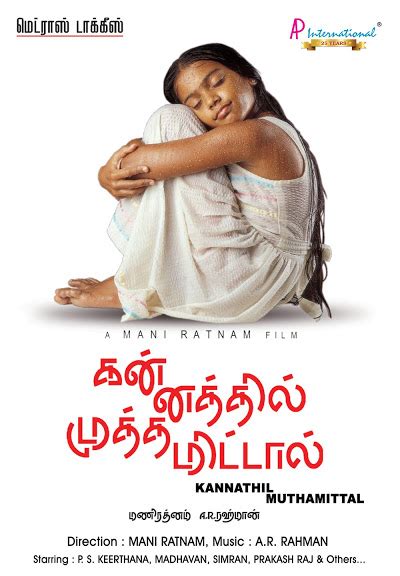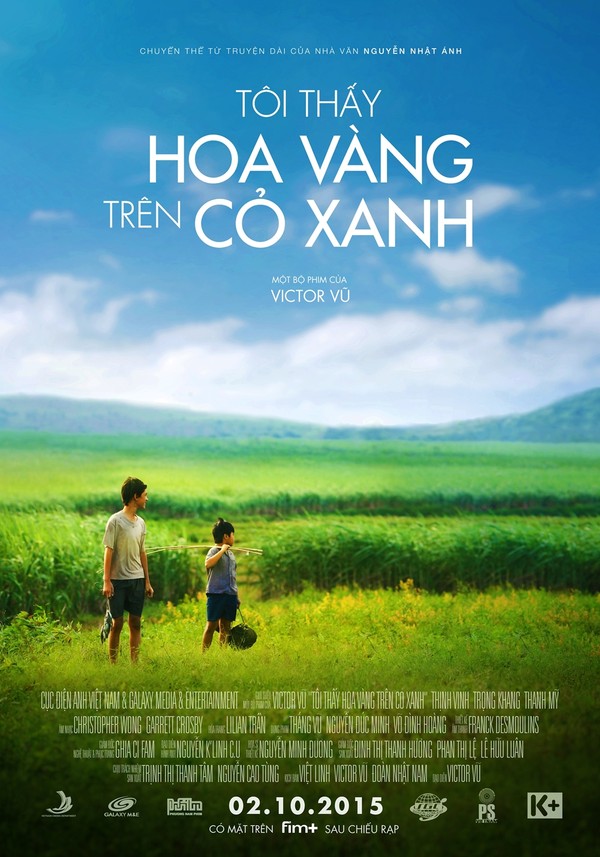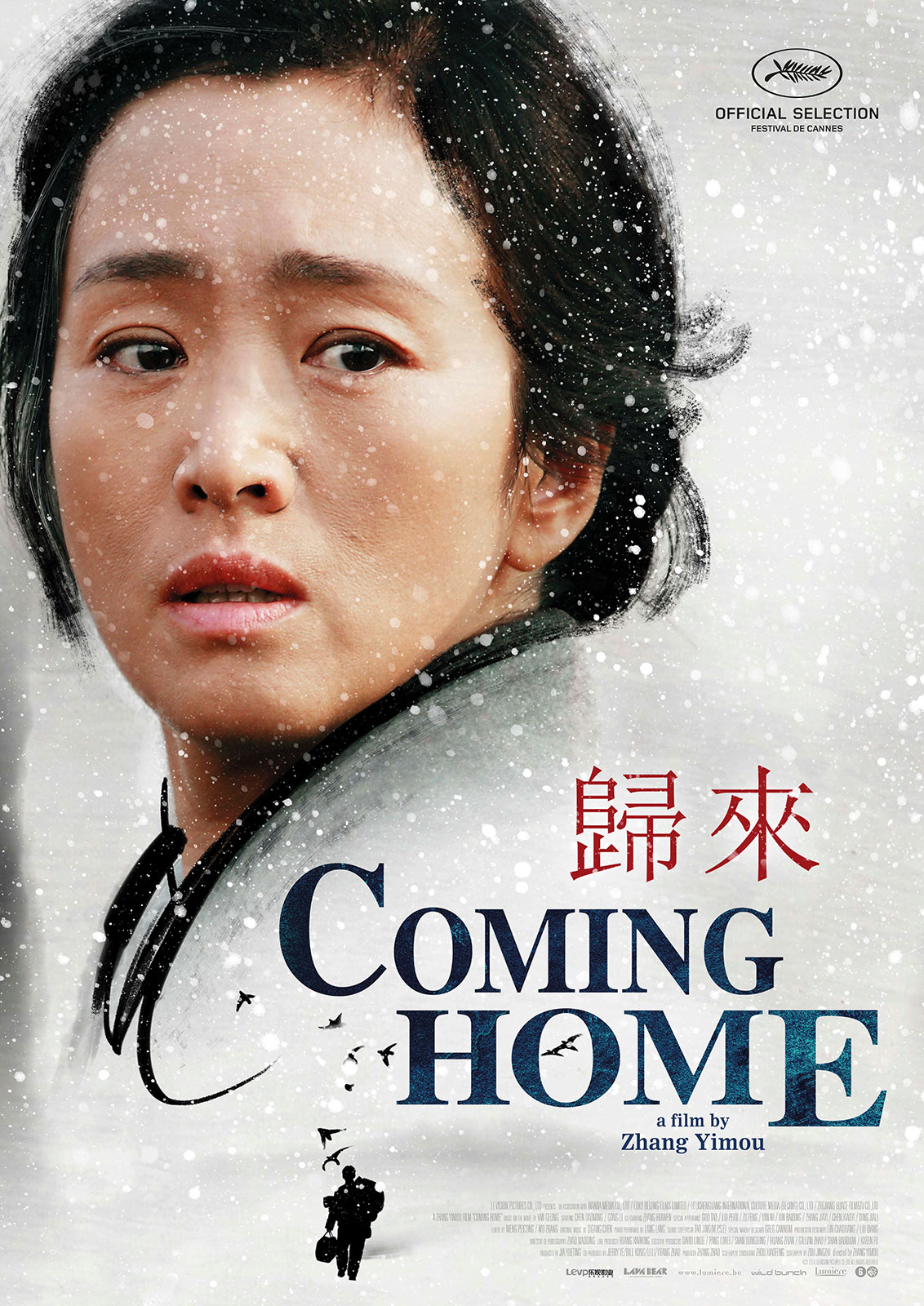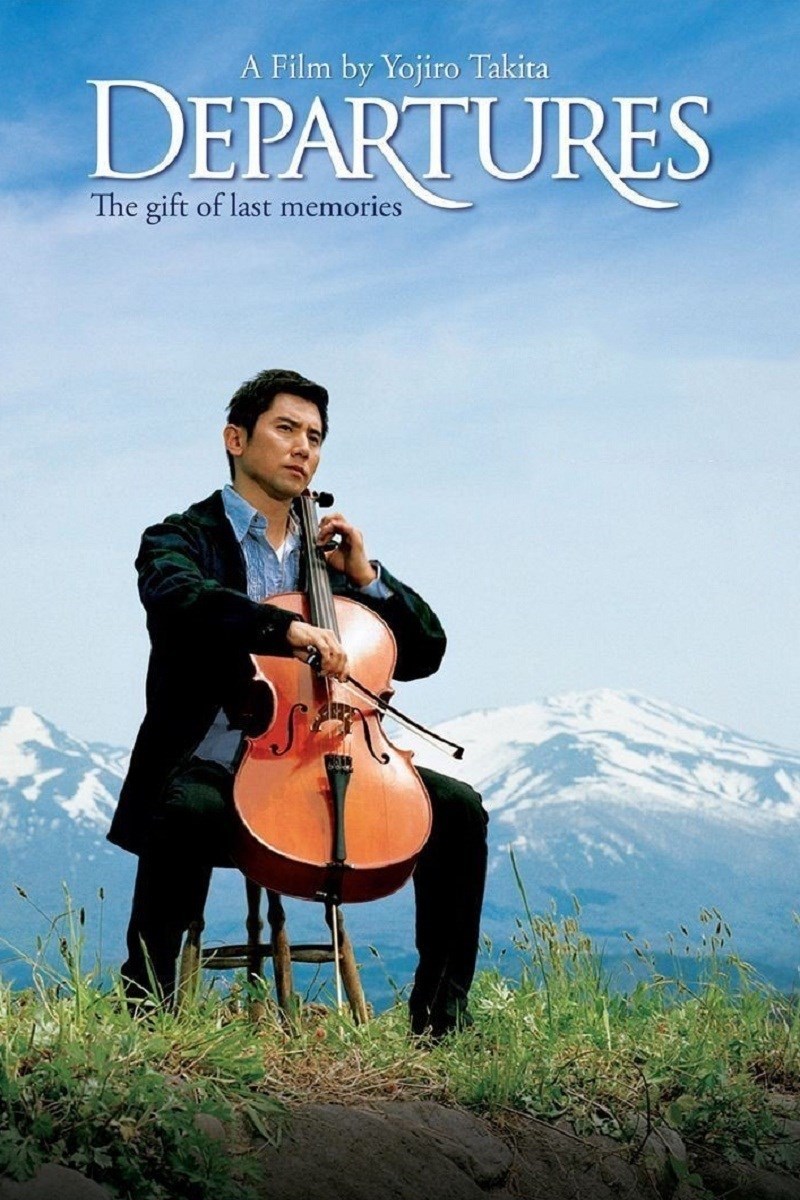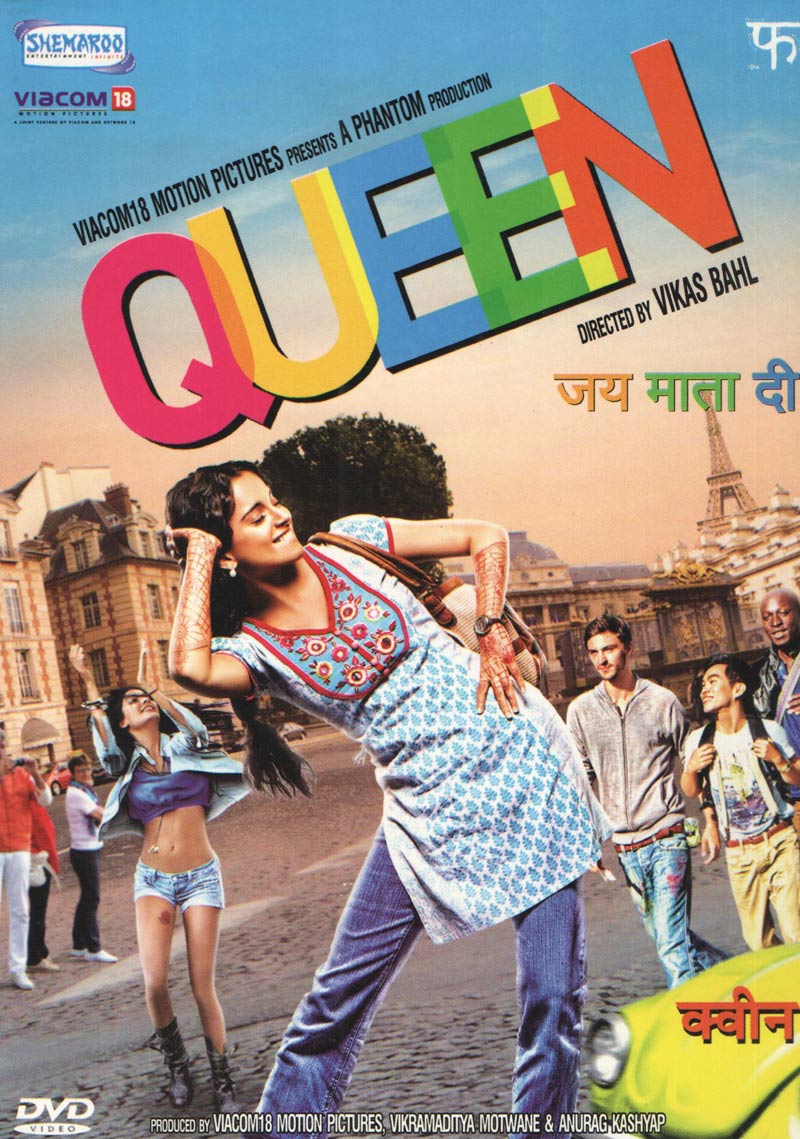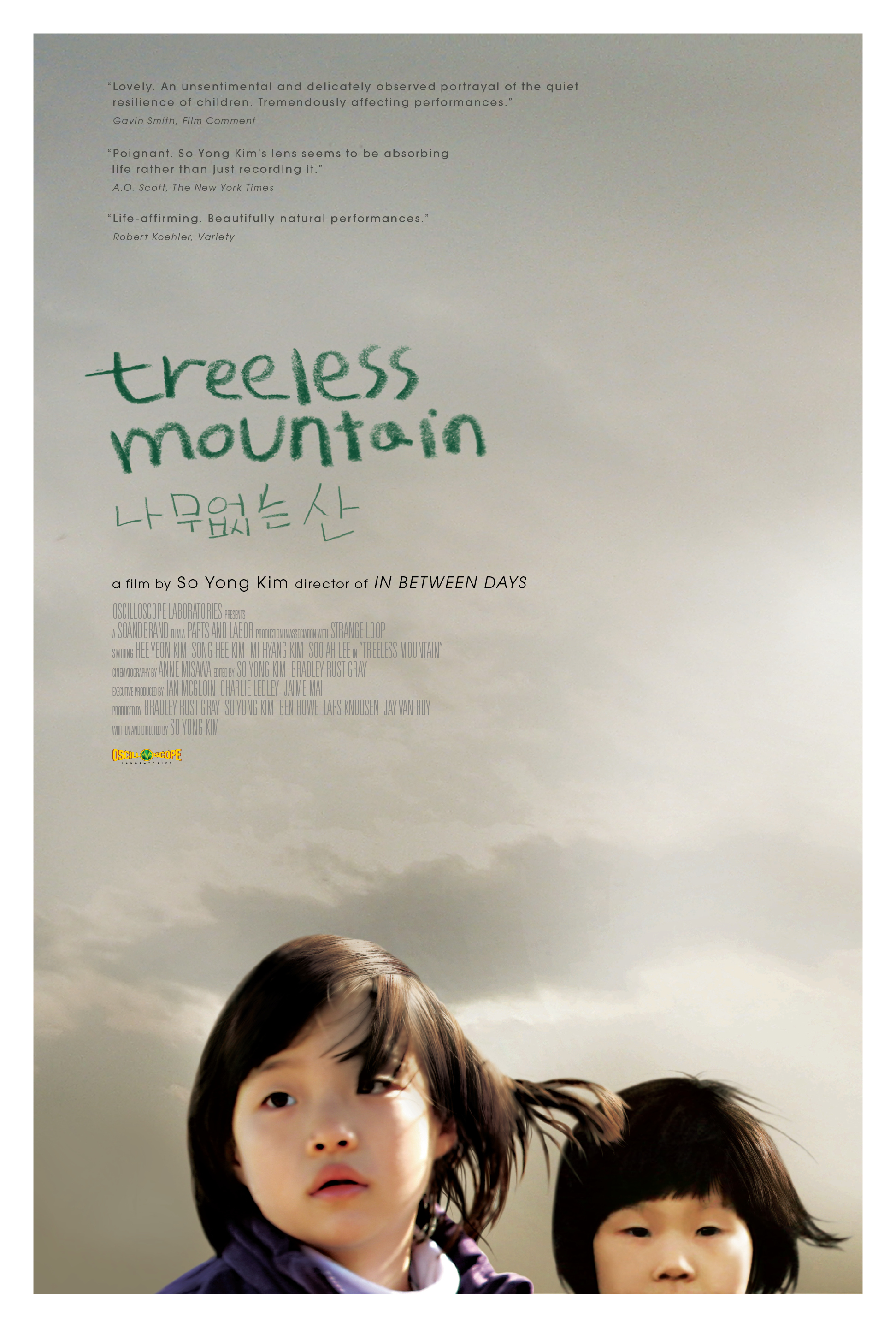WGLT/
Anti-immigration voices are growing stronger around the U.S., and an advocate for tolerance and education said the best way to combat that kind of speech is by introducing immigrants to their neighbors.
Not In Our Town Movement Director Patrice O'Neill said it's particularly troublesome the largest increase in reports of have speech is among K-12 schoolchildren.
"Students are confronting Latino students and saying, 'Build a wall build a wall, you're going to be deported.' I think it is causing an incredible amount of trauma," said O'Neill.
O'Neill said people also don't realize how hate groups are using things like memes and Facebook to spread their message.
She said hate groups have been getting braver following the election results last year. Speaking during GLT's Sound Ideas, O'Neill emphasized the importance of preparedness and spreading awareness.
"People who don't feel the harm do not understand the pain, and when they don't feel it, it's easier to ignore it," said O'Neill.
O'Neill says change will happen only when people feel brave enough to stand up for each other. The cure, she said, is to make sure people know their immigrant neighbors, their names, their stories, and their feelings. She said that makes it easier to call a halt to objectionable words and actions.
O'Neill was in Bloomington to screen a documentary called "A Light In The Darkness," and host a panel discussion of schoolchildren about ways to combat intolerance.
Twin City leaders meanwhile showed their commitment to tolerance through Not In Our Town: Bloomington-Normal during a dialogue the morning following the screening.
Bloomington-Normal is among five communities in NIOT's Gold Star Cities pilot program, an effort to showcase communities that make a concerted effort to end hate, fear and violence.
Interested communities can choose from a variety of goals based around "safety, respect, and diversity for all" to become certified by the national NIOT program, which plans to offer special city welcome signs and to profile successful communities on its website and publications.
Though Bloomington-Normal has been part of NIOT, which started with a 1995 PBS documentary on local response to hate crimes in Billings, Mont., for 21 years, the pilot offers officials a chance to "take our efforts to the next level," said local organizer Mike Matejka.
"We're considering how we can work as a community and where we can go together," he said.
Goals include forming a committee; holding events in diverse settings; raising money; organizing multicultural leadership training; creating an interfaith group; bringing NIOT into schools, including bullying prevention; working with law enforcement; and sharing anti-hate messages publicly.
Bloomington-Normal has a solid foundation in those goals already but can still do more, said NIOT founder Patrice O'Neill. She singled out getting NIOT into schools — it's already in more than a dozen McLean County Unit 5 and Bloomington District 87 schools — and buy-in from local government and police departments as successes.
"(Bloomington-Normal) needs an ongoing structure. There needs to be a commitment (to NIOT)," she said. "More awareness is another key thing."
Officials kicked off the effort with a brainstorming session Friday at Moses Montefiore Temple in Bloomington. Civic, business and public safety leaders shared their ideas after hearing a presentation from O'Neill on the program.
"When something horrible happens, we show up, and that's a great thing. We have each other's backs. ... But can we do something to change the perception that we're a little bit more preventative (rather than) building the community and strengthening connections so that these things don't happen," said Jill Blair of Bloomington. "That's really what we're about. ... 'It never happens here,' not, 'We react when it does.'"

